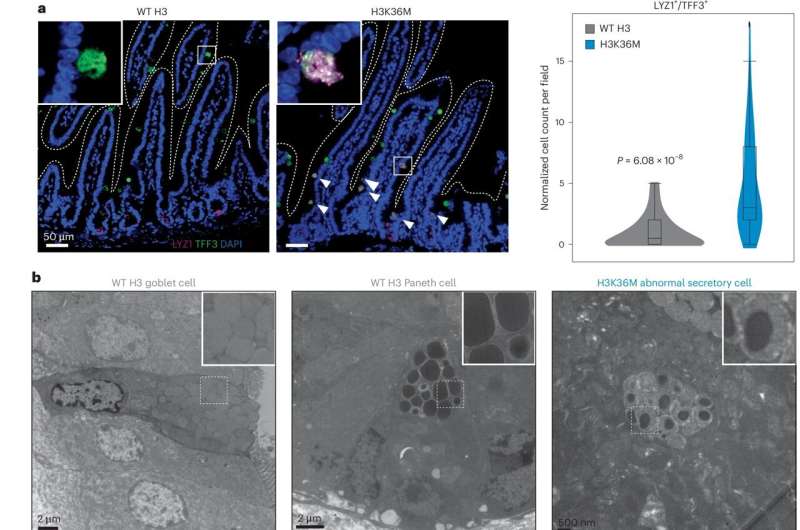Researchers at the University of Colorado Cancer Center have identified a crucial mechanism that enables intestinal cells to revert to a stem cell-like state for regeneration following injury. This process, known as dedifferentiation, is regulated by H3K36 methylation—a biochemical modification of the H3 histone protein. By modulating this methylation, cells can switch between their specialized functions and a regenerative state, facilitating tissue repair. Understanding this “switch” provides valuable insights into intestinal healing processes and may inform therapeutic strategies for colorectal cancer and other gastrointestinal disorders.
The discovery underscores the importance of epigenetic modifications in cellular plasticity and regeneration. By targeting the H3K36 methylation pathway, future treatments could potentially enhance the intestine’s natural regenerative capabilities, offering new avenues for addressing intestinal injuries and diseases. Click for More Details







